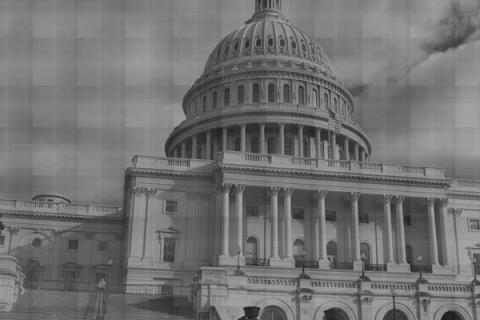One of the few things supporters and opponents of Proposition 14 agree on is that it doesn’t create an “open” primary. Backers of Proposition 14 contend that its system increases the chances of smaller party candidates reaching the November ballot and elected office.
In a partisan primary, minor party candidates don’t have access to enough votes to win, the proposition’s supporters say. In the non-partisan primary Proposition 14 would create, they might.
Opponents counter that by substituting a general election for the partisan June primary and having the two top vote-getters regardless of party square off in November, Proposition 14 effectively closes the fall election to candidates from minor parties, such as Green and American Independent.
But it’s not an open primary. In fact, this June is the third time Californians have voted on measures purporting to create an “open” primary when in fact none of them has.
In 1996, Californians approved Proposition 198 which was called the Open Primary Initiative.” It wasn’t. It created a “blanket” primary. Another initiative in 2004 would have created a system similar to Proposition 14’s “top-two vote-getters advancing from the June primary to the fall election. The initiative, Proposition 62, was rejected by voters.
"Open is you can decide at the polls which primary but you must vote exclusively either Democratic or GOP. Blanket is one in which all voters can vote in anybody’s primary on an office-by-office basis, casting vote for a Democrat in one and a Republican in another, if you want," said long-time Sacramento political lawyer Lance Olson.
"What we have in Prop 14 is none of the above. It’s a completely different system."
California held two blanket primaries under Proposition 198 in June 1998 and March 2000 before the U.S. Supreme Court declared the measure unconstitutional in a lawsuit brought by the California Democratic and Republican parties. The political parties argued that law violated the U.S. Constitution’s right of political association by allowing non-party members to select party candidates.
Olson’s example is that two Green Party candidates face each other in an Assembly district in which total Green Party registration is 5,000. But 15,000 votes are cast for the two candidates. “So clearly those 5,000 Green Party voters didn’t select their nominee, non-Green Party members did,” said Olson.
The High Court agreed, saying that California’s political parties had a constitutional right to exclude non-party members in primary elections.
Also affected by the ruling was the state of Washington, which had a blanket primary since the 1930s. A proposal to switch to a “top-two” system was placed on the 2004 ballot, similar to Proposition 62 on California’s ballot. While Proposition 62 failed – in part because of a rival poison-pill measure placed on the same ballot by the Legislature – the Washington change succeeded.
The state’s political parties are challenging the law in federal court after it took effect in the 2008 elections. Prior to its implementation, an earlier lawsuit challenged the Wasington law’s constitutionality using similar arguments to those that resulted in California’s Proposition 198 being nullified.
The political parties also contended that the lack of an “official” party candidate as the result of switching to a non-partisan primary would confuse voters. The United States Supreme Court rejected the lawsuit, saying it could not determine if voters were confused until they had actually voted using the new system.
Backers of Proposition 14, which is modeled in large measure after Washington’s system, contend that a legal challenge such as the one mounted against Proposition 198 won’t succeed. "The law is different in the sense there are no party primaries anymore, said Chris Skinnell, a lawyer with the Nielsen Merksamer firm in Sacramento who helped draft Proposition 14. He continued:
Nobody who goes on to the general election is the official party nominee. It could be two Democrats or two Republicans or, depending on the local dynamic, a Democrat and a Green. But there’s no guarantee any party gets to be on the November ballot as there would be in a partisan primary.
As occurred in Washington state, if voters approve Proposition 14, a legal challenge will likely arise after the first election in which it is used – 2012.

